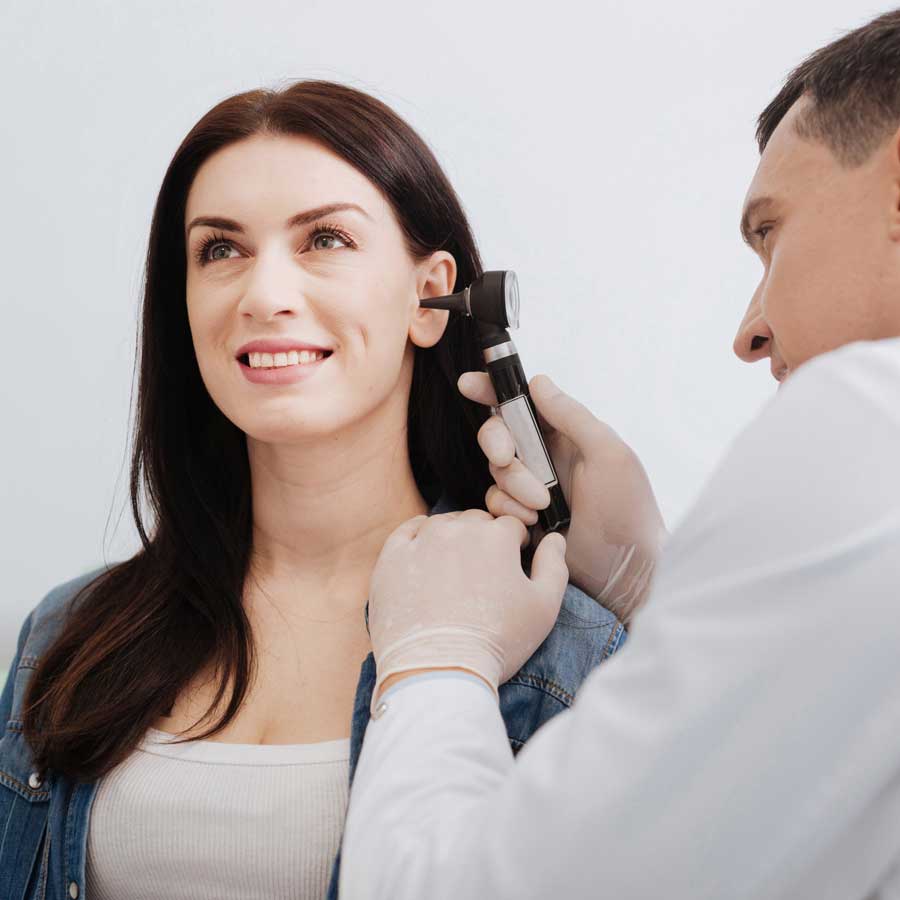Meniere’s Disease Treatment in Los Angeles, CA
Unexplained bouts of dizziness can be frightening and may be attributed to many different causes. One serious disorder that can lead to vertigo and hearing loss is known as Meniere’s disease. Meniere’s disease must be diagnosed by an auditory professional, like the ones at American Hearing & Balance in Los Angeles, serving Westchester, Marina del Rey, Torrance, Manhattan Beach, and Long Beach, CA. Our staff has extensive experience in treating this serious condition. Call to schedule an appointment.
Meniere’s disease can occur in any age group. However, it usually presents itself in young or middle-aged adults. Meniere’s disease is considered a chronic disorder, but there are several effective treatments available. These treatments cannot cure the disease. Instead, they are designed to minimize the impact of Meniere’s disease.
Meniere’s disease has several symptoms that can sometimes be mistaken for other disorders when they occur alone. These symptoms include:
- Recurring vertigo (dizzy spells)
- Hearing loss
- Feeling of fullness in your ear
- Ringing ears
Any one of these symptoms may be a sign of Meniere’s disease. However, patients that are experiencing multiple signs should promptly schedule a visit with an auditory specialist. You should also see a doctor if any one symptom occurs repeatedly.
How is Meniere’s Disease Diagnosed?
Meniere’s disease is usually diagnosed with a series of diagnostic tests. Our staff cannot rule out other conditions without assessing various symptoms individually.
Diagnosing Meniere’s disease may require:
- Hearing tests
- Balance tests
- CT Scans
Once these diagnostic tests are completed, our staff can rule out other potential causes and provide you with an accurate diagnosis.
Unfortunately, Meniere’s disease is not curable. There is also little relief for hearing loss. However, there are several promising treatments available that address both frequency and severity of vertigo.
If you are experiencing vertigo as a symptom of Meniere’s disease, then our staff may prescribe medication. These include motion sickness and anti-nausea medications. There are also several noninvasive therapies, such as hearing aids, balance rehabilitation, and positive pressure therapy.

